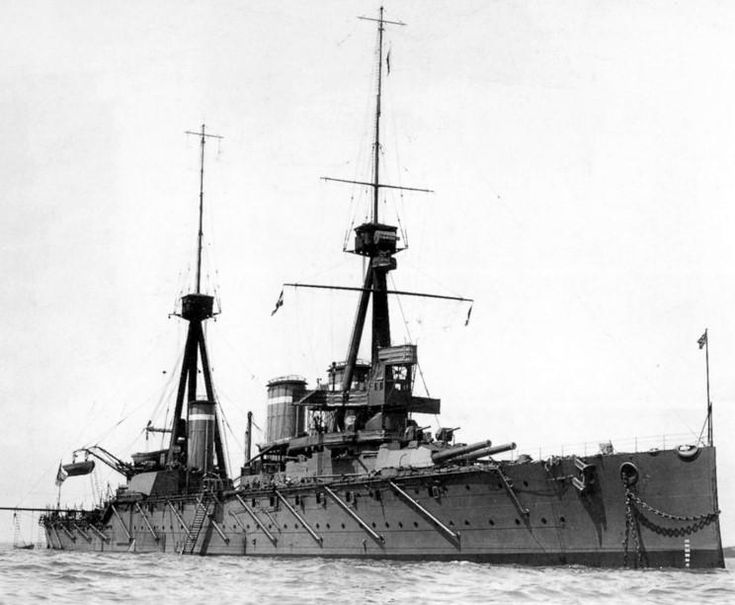LXI Jornadas de Historia Marítima: “Historia de la Infantería de Marina”, del 30 de junio al 2 de julio
PROGRAMA Martes, 30 de junio 18:00 h. Miguel de Cervantes en las galeras del Rey…

PROGRAMA Martes, 30 de junio 18:00 h. Miguel de Cervantes en las galeras del Rey…
El Instituto Universitario General Gutiérrez Mellado, UNED, anuncia las fechas para realizar la preinscripción: Del…
Pueden verse accediendo a la cuenta Flicker del US Navy Naval History and Heritage Command.
En este año 2017 se cumplen 300 años de la creación de la Real Compañía de…
En el puerto de Torrevieja reposa el viejo submarino de la clase Daphne «Delfín» (S-61),…
Para promover la transformación del portaaviones R-11 Príncipe de Asturias se han creado varias plataformas.…

The battlecruiser, developed in the early years of the twentieth century, had a short and somewhat inglorious history. The first battlecruiser, HMS Invincible was laid down on 2 April 1906 and launched on 13 April 1907. As such, naval historians have fiercely contested the narrative around the development of the battlecruiser and, in particular, the role intended for the warship type, as we will see below. At issue are the ways in which it was intended that the battlecruiser should fit alongside wider Admiralty warfighting strategy; the extent to which the warship type was the brainchild of one man, Sir John ‘Jacky’ Fisher (First Sea Lord from 1904-1910 and again from 1914-1915); and competing readings of the available documentary evidence leading to some very stark differences of interpretation.
This review examines: the literature around the development of the battlecruiser concept and of the initial Invincible class, including the technical developments which pushed towards the genesis of the warship type; the contested discussion around the intended role of the battlecruiser, including the role of Fisher and the Admiralty more generally; the verdict on the effectiveness of the battlecruiser; and a summary of the key historiographical issues evidenced across the literature. We conclude with some remarks on the debates in the extant literature.
Comparte en las redes sociales
 Desequilibrando a Montgomery: La Operación GOODWOOD y el efecto del estrés en el mando
Desequilibrando a Montgomery: La Operación GOODWOOD y el efecto del estrés en el mando Capturar Savannah: Fort Pulaski, el Almirante Francis Du Pont y el impacto de la estrategia naval clásica
Capturar Savannah: Fort Pulaski, el Almirante Francis Du Pont y el impacto de la estrategia naval clásica Los Cuatro Jinetes del Apocalipsis: La seguridad en el continente africano, 1950-2012
Los Cuatro Jinetes del Apocalipsis: La seguridad en el continente africano, 1950-2012 Col. Adolfo Prada Vaquero y Col. Eduardo Losas Camaña: Africanismo y juntismo en el último acto de la Guerra Civil española
Col. Adolfo Prada Vaquero y Col. Eduardo Losas Camaña: Africanismo y juntismo en el último acto de la Guerra Civil españolaUnete a nuestra comunidad y disfruta de nuestro contenido.
Suscríbete